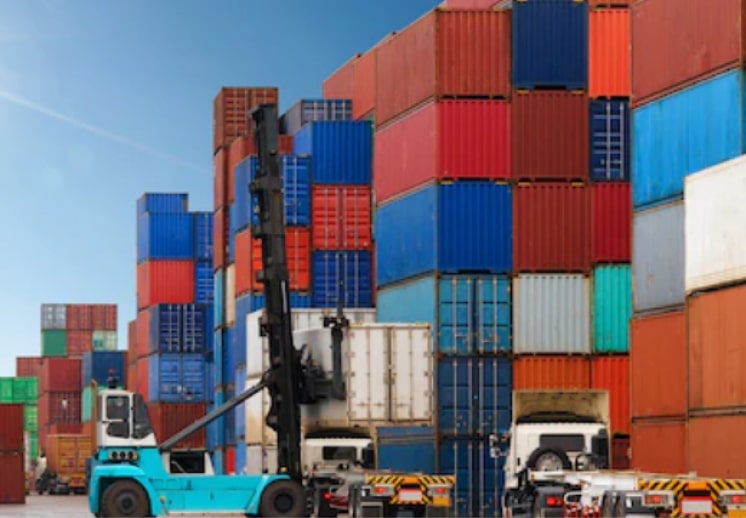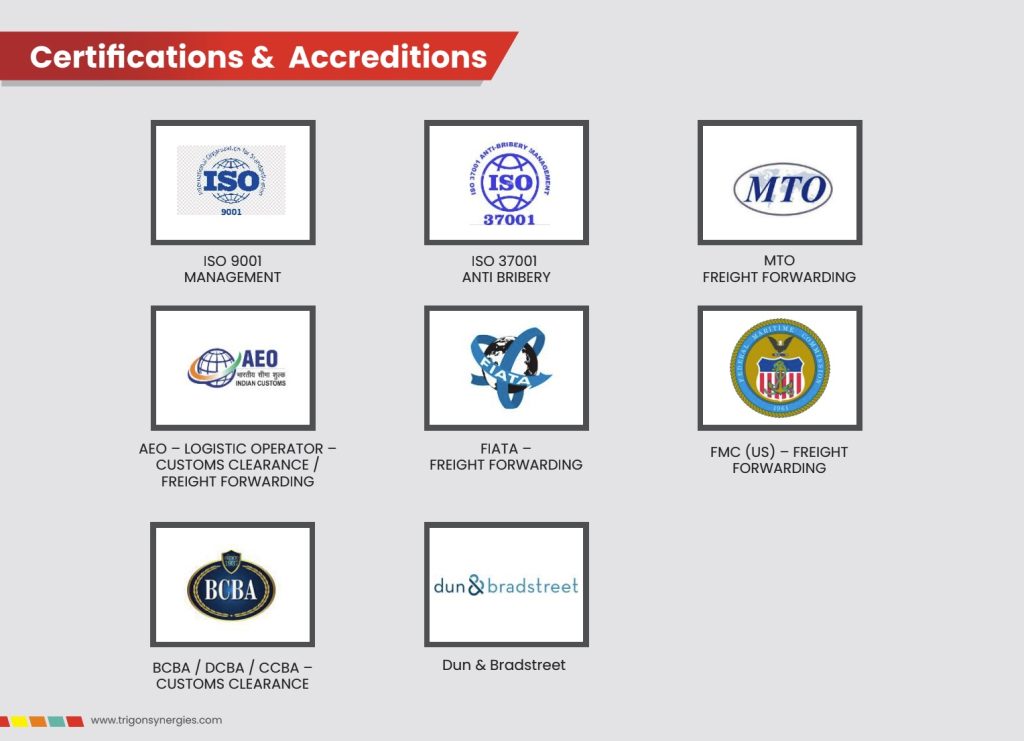Electronic goods form a sizeable portion of India’s imports of goods. A rise in disposable income of the average Indian coupled with fast evolving technologies has propelled imports of electronics not only by brand-new but also by refurbished electronics. The import of global electronic trade includes important items like telecom equipment, machinery, and gadgets such as mobile phones and laptops that are very popular with home consumers. India has signed Free Trade Agreements (FTA) and multilateral trade agreements with SAARC and ASEAN members as well as bilateral trade agreements with Singapore, Japan, UAE and other countries. The idea was to open the market to foreign manufactured goods so that the domestic manufacturers could benefit from the technology and develop indigenous solutions. But the results of signing these treaties backfired as Indian imports grew exponentially without any significant improvement in domestic manufacturing capabilities. In this blog we cover the basic licenses required to import electronic goods into India and the latest developments and policy undertakings in this sector.
Licenses required under various situations:
In India, there are special regulations that apply to the import of electronics. It should be noted that there is a clear process for importing new electronics into India, but the process for importing refurbished electronics is a little more complicated. Government regulations are reasonably tight in order to prevent the admission of e-waste masquerading as viable goods. Proper guidance and assistance from market experts can not only streamline the electronic import licensee process for the importers but will also help avoid any trouble in future.
For Electronic goods the following licenses are a prerequisite for any importer to have:
· BIS Certificate: BIS certificate is mandatory for electronics and IT products. It acts as a certification of quality, safety, security & as a symbol of trust for the customers of the product.
Documents needed for BIS registration
o Confirmatory self-declaration.
o Conformity test report through laboratory testing of product samples
o Sample detail being tested by BIS
o Product model details that are covered (including varieties)
o Name and address proof of the manufacturer
o Scope of business activity
o Authorized signatory details
· Electronics Waste Approval: An Extended Producer’s Responsibility (EPR) certificate or license is mandatory for every producer/importer producing electric or electrical equipment. Electronic goods (both new and used), whether repaired, refurbished, or reconditioned, that have not been notified under the “Electronics and Information Technology Goods” (Requirement of Compulsory Registration) are not allowed to be imported unless registered with BIS. If any prohibited goods reach Customs Ports, the Customs Authorities have the power to dispose of the goods as scrap.
· Battery Waste Approval: Producer has the obligation of Extended Producer Responsibility (EPR) for the Battery that they introduce in the market to ensure the attainment of the recycling or refurbishing obligations. Producers are required to fulfill their EPR obligation by ensuring that waste battery is recycled through certified waste battery recyclers to meet assigned EPR targets.
· License from MOEF: The Ministry of Environment, Forest and Climate Change (MoEF&CC) issues permission in the form of an electronic import license/authorisation to the importers which import refurbished or old electronic items that are considered hazardous sunder the Hazardous Waste Management Rules. These can only be imported after inspection by custom authorities and after obtaining proper licenses from MOEF.
For all imports related to telecom industry, some further licenses and approvals need to be taken in the form of:
· Wireless Planning and Coordination (WPC) ETA Approval: To import or manufacture wireless devices in India ETA approval is required.
· WPC License for import: Is an authority certificate that allows Indian importers to import radio and wireless equipment from other nations.
· WPC Experimental License: WPC Experimental license is mandatory for companies researching or experimenting with Wireless products. Issued by the Wireless Planning and Coordination wing or the WPC authority, the experimental License is a part of the network license. Therefore, being part of the network license makes it imperative for the applicant to have the Dealer possession license already.
New developments under the Electronic goods import segment:
Recently, in order to improve the domestic infrastructure of manufacturing of electronic goods, the Indian government introduced immediate restrictions on the imports of personal computers, laptops, and other electronic devices. Due to India being a part of WTO and having signed the Information Technology Act (ITA) which allowed zero-duty imports, the government was unable to curb imports of electronic goods. In order to incentivize the manufacturers, the government increased the incentives under the PLI scheme to Rs. 17000 crores which international and domestic companies could gain access to.
The policy aimed to tackle multiple issues such as:
1) Boost local production and remove India’s reliance on China which accounted for 75% of the imported electronics into India
2) Encourage big companies such as Apple, Samsung etc. to set manufacturing units in India and expand India’s export share of electronics into the global market
3) Protection of critical information infrastructure
4) Achieving Make in India vision
The government will allow imports of electronics only from trusted sources identified by it after obtaining of the requisite licenses. Contact our experts at Trigon today for a comprehensive solution to all your electronic import needs and swift redressal of all your doubts.



